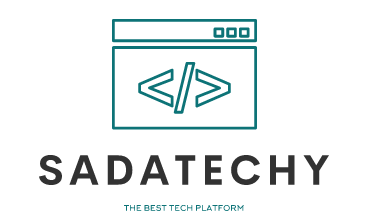Avoiding analysis paralysis
Avoiding analysis paralysis is a great way to keep yourself focused and move forward with your work. This can be a frustrating and demoralizing situation, and it can also hurt your professional reputation by preventing you from achieving your professional goals. Fortunately, there are several simple steps you can take to combat analysis paralysis and take action as soon as possible.
This common problem is caused by overthinking a problem. This can result from too many variables and options, as well as from setting your research parameters too broadly. As a result, you may end up analyzing every single option, without making any progress.
Analyzing your problem is important, but it needs to serve a purpose. It should produce a deliverable that will move the process or project forward. Otherwise, it will be hollow and void of value. Analysis activities that aren’t necessary to move forward are unnecessary and inefficient.
Avoiding ranting about your ex-boss, company, or colleagues during a job interview
Avoiding ranting about your ex-boss, company, or colleagues during a job interviews is a good way to show your potential employer that you are a professional. While your interviewer may want to know about your past relationship with the manager, you should remain professional and discuss the positive aspects of your work with them. The interviewer is also trying to determine if you are able to manage others and work under pressure.
One of the most common mistakes people make during a job interview is talking negatively about their previous employer. This not only does not look good, but also makes the interviewer think that you are a problem. Moreover, it does nothing but make you look bad, so avoid it at all costs.
Another mistake many job applicants make is ranting about their previous employers during the interview. While interviewers understand that there are times when employees are looking for a new job because they are unhappy with their current one, it does not look good on the interviewer’s part if you rant about your former employer.
Using batching questions to avoid distractions
Using batching questions to focus on the task at hand is a simple yet powerful strategy to focus and avoid distractions. It will help you achieve more in less time. In fact, it will make your day more productive and less stressful. It will also help you avoid procrastination. After all, when you have five minutes to run errands or answer an email, why waste the rest of your day? The trick is in knowing when to batch tasks. First, look at the tasks you regularly do. Once you have a list, you can determine if they can be batched together.
Once you’ve defined your tasks, batch them together and you’ll find yourself more focused and less distracted. The key to batching is finding the task that’s similar in its intellectual and mental makeup. This could include creative, client-facing, or administrative work. Then, assign each task to a time block.
Avoiding chasing every new technology
As an engineer, it’s important to keep up with technology. But chasing every new development is not always a good idea. You need to balance the benefits of new technologies with the cost of learning and adopting them. The speed at which new technologies are evolving makes it difficult to discern the right time to adopt them.
Setting goals for your educational career will help you avoid being distracted by the latest and greatest shiny tech. Knowing where you want to go will also help you avoid the treadmill of half-completed courses. The skills you learn will serve you well no matter where you choose to go with your career. Chasing glitzy, new technologies will not benefit you immediately and they may be outdated within a year.


